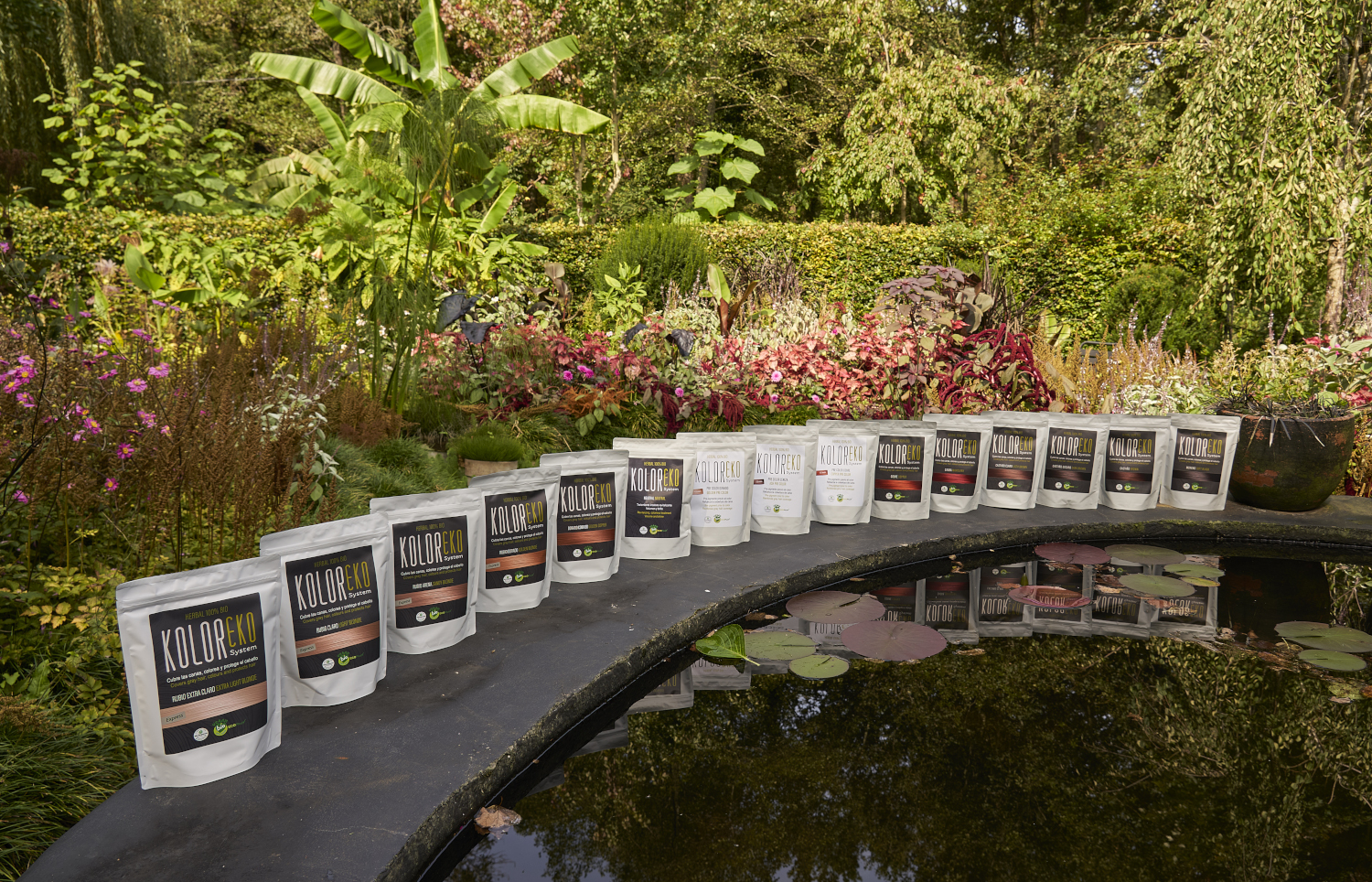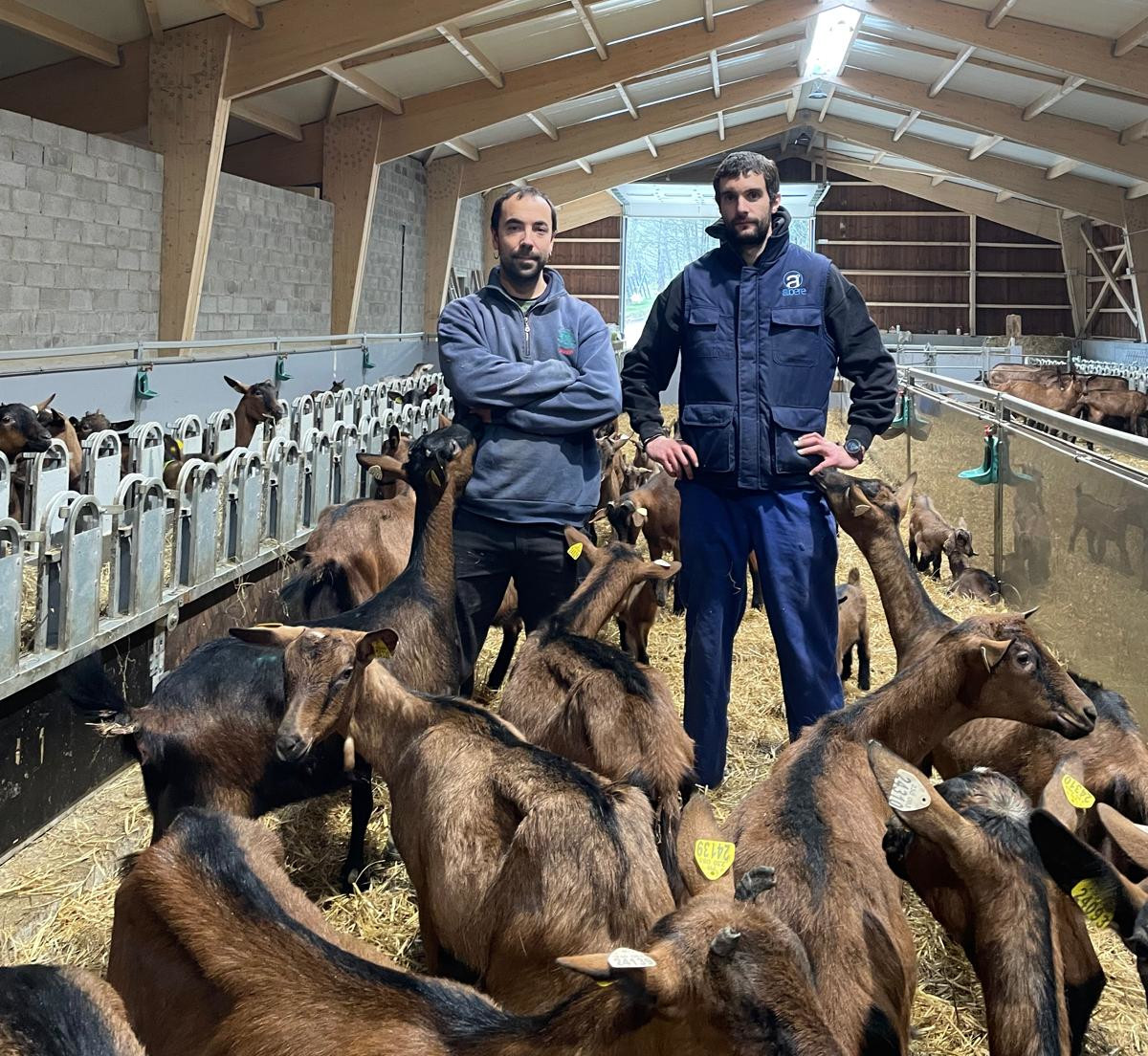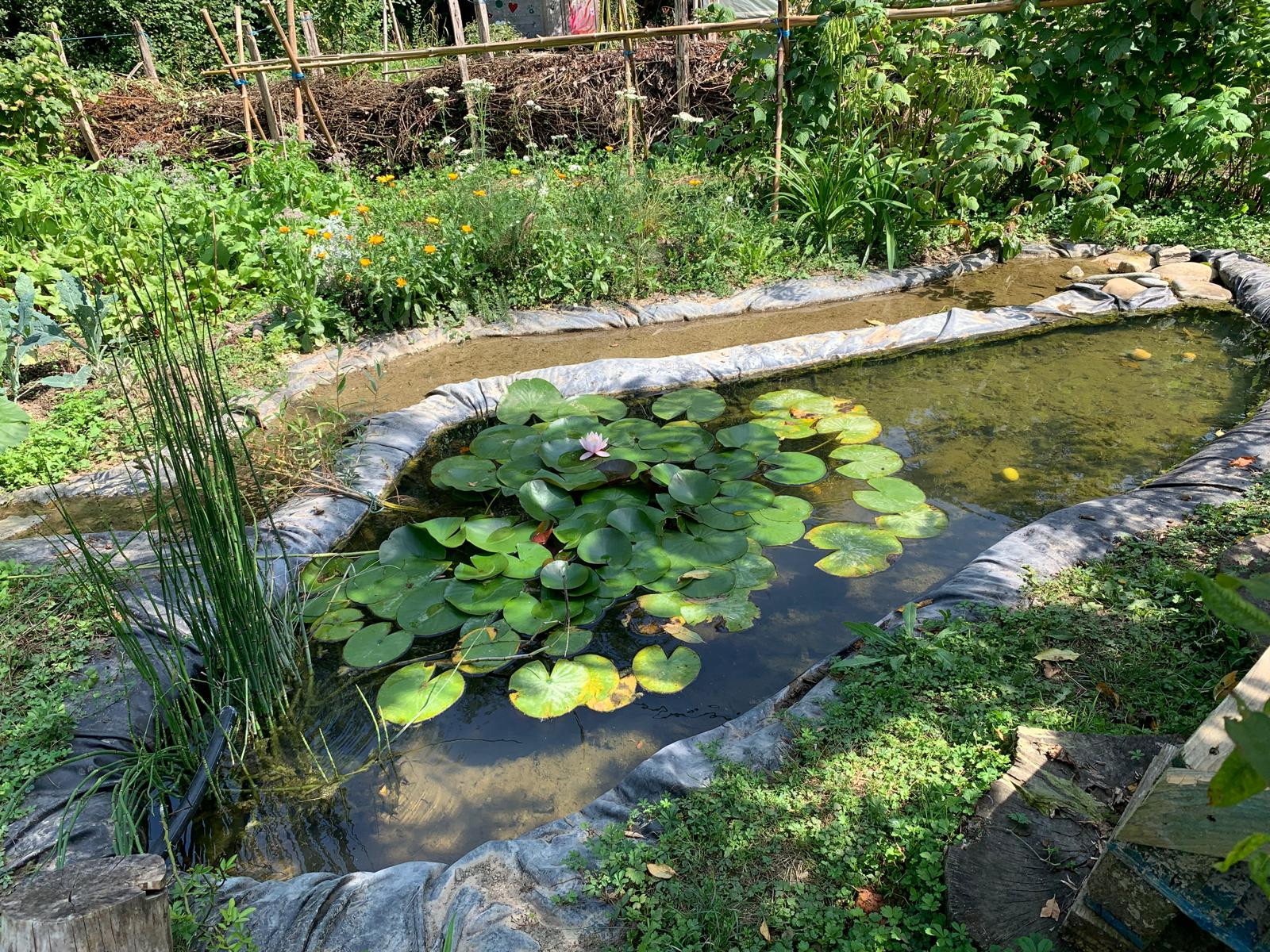“Before or after approval, the end of this forestry model has come”
- Iñaki Etxebeste Larrañaga and Markel Arriolabengoa Martiarena founded the Small Cooperative Society Errez in 2018. It is a forest management and advisory company that gives a different view to this activity. “At the time of the constitution of the cooperative, the main forestry model that entered into crisis, in relation to the disease of pine,” explains Arriolabengoa. In Europe, both in the French State and in the United Kingdom, other models were already being deepened, and in the Basque Country itself there were also examples of more sustainable management than Gipuzkoan and Vizcain. Then they started throwing.

The cooperative has stressed that the main challenge is to promote forestry that suits the context of the future. “We need a model that responds to climate change, the needs of the population, etc. and to ensure that the forest generates all ecosystem services.” In fact, the forestry model developed exclusively from a productivist point of view has focused on wood production. The elevation of the view from this one element is essential for Arriolabengoa, that is, to bring wood production to the same level, to improve the water cycle, to mitigate the emissions of CO2, leisure and other elements.
“Some models that have been developed in some European countries are closely linked to science and research, and for example, they don’t do short in fact, but they are made as graceful, cutting concrete trees in each cycle,” he says. In addition, the cooperative works exclusively with indigenous species, as they are better adapted to changes and it is more difficult to damage all trees in the face of different diseases, pests and climatic conditions. “Science has shown that when an external species is introduced and has a similar production level, there is usually a very productive phase, but it quickly reaches the collapse situation,” explains the expert referring to the case of pine. In these times when other alien species are entering in a violent way, at least twice is a matter that one can think of.
Errez is a cooperative that works with landowners, both private and public, who do not lack work, as he has four people in his team.
The Owners' Cooperative Tantai Baso
Thanks to the initiatives that exist in each municipality, changes are taking place in small wooded areas in recent years, but larger scale initiatives are needed to drive a profound change. “Forestry plantations are often very small and the properties are widely distributed. This makes management very difficult, and that’s another challenge today,” he says. In order to address this great challenge, a Basque cooperative is being set up: The Owners' Cooperative Tantai Baso. This land exploitation project aims to promote the cooperative use of land through the usufruct contract, through the planting of indigenous species with the objective of obtaining economic and ecological benefits for all.
Duela lau urte abiatu zuten Azpeitian Enkarguk proiektua, Udalaren, Urkome Landa Garapen Elkartearen eta Azpeitiako eta Gipuzkoako merkatari txikien elkarteen artean. “Orain proiektua bigarren fasera eraman dugu, eta Azkoitian sortu dugu antzeko egitasmoa, bere izenarekin:... [+]
Donostiako Amara auzoko Izko ileapaindegi ekologikoak 40 urte bete berri ditu. Familia-enpresa txikia da, eta hasieratik izan zuten sortzaileek ile-apainketan erabiltzen ziren produktuekiko kezka. “Erabiltzaileen azalarentzat oso bortzitzak dira produktu gehienak, baina... [+]
Ubidekoak (Bizkaia) dira Imanol Iturriotz eta Aritz Bengoa gazteak. “Lagunak gara txikitatik, eta beti izan dugu buruan abeltzaintza proiektu bat martxan jartzeko ideia”, azaldu du Iturriotzek. Nekazaritzari lotutako ikasketak izan ez arren, baserri munduarekin eta... [+]
Iruñean bizi ziren Iñaki Zoko Lamarka eta Andoni Arizkuren Eseberri gazteak, baina familiaren herriarekin, Otsagabiarekin, lotura estua zuten biek betidanik. “Lehen, asteburuetan eta udan etortzen ginen eta duela urte batzuk bizitzera etorri ginen”, dio... [+]
Gipuzkoako hamaika txokotatik gerturatutako hamarka lagun elkartu ziren otsailaren 23an Amillubiko lehen auzo(p)lanera. Biolur elkarteak bultzatutako proiektu kolektiboa da Amillubi, agroekologian sakontzeko eta Gipuzkoako etorkizuneko elikadura erronkei heltzeko asmoz Zestoako... [+]
Emakume bakoitzaren errelatotik abiatuta, lurrari eta elikadurari buruzko jakituria kolektibizatu eta sukaldeko iruditegia irauli nahi ditu Ziminttere proiektuak, mahai baten bueltan, sukaldean bertan eta elikagaiak eskutan darabiltzaten bitartean.





















